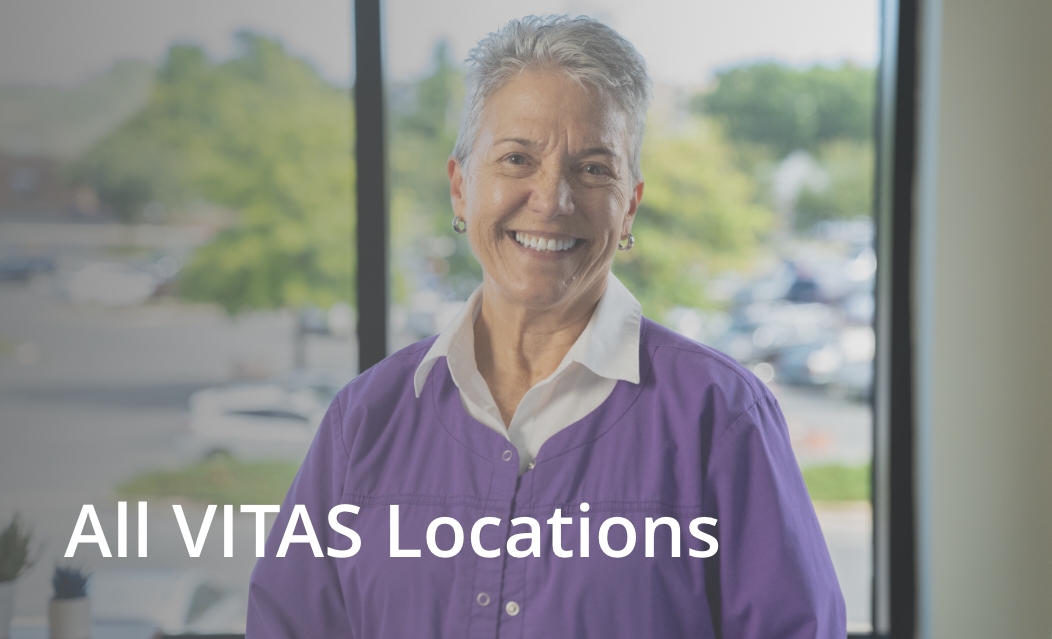VITAS Sets New Standards for Hospice Excellence
VITAS Healthcare welcomes Covenant Hospice to our family of services. If you are new to VITAS, let us introduce ourselves:
- As the largest single-source provider of end-of-life care in the US, VITAS Healthcare is one of the most trusted hospice providers and has served more than 1.5 million patients. We’ve been serving patients and families throughout Florida for more than 45 years.
- An award-winning provider and employer, in 2023 the company was recognized for its diversity and inclusion in care delivery, health advocacy, best-in-class employee experience, and architecture and design for an inpatient facility.
- You can continue to rely on us as a trusted partner in providing seamless transitions, coordinated care, and same-day response times. Together, we will continue to prioritize patient-centered outcomes and enhance the support we offer to our shared community.
Our Care Services
At VITAS we care for patients with an interdisciplinary team comprising a nurse, physician, aide, social worker and chaplain. Our teams design personalized care plans to ensure comfort, dignity and quality of life.
For information about Covenant Care’s home health care services, please visit Covenant Care’s website.














